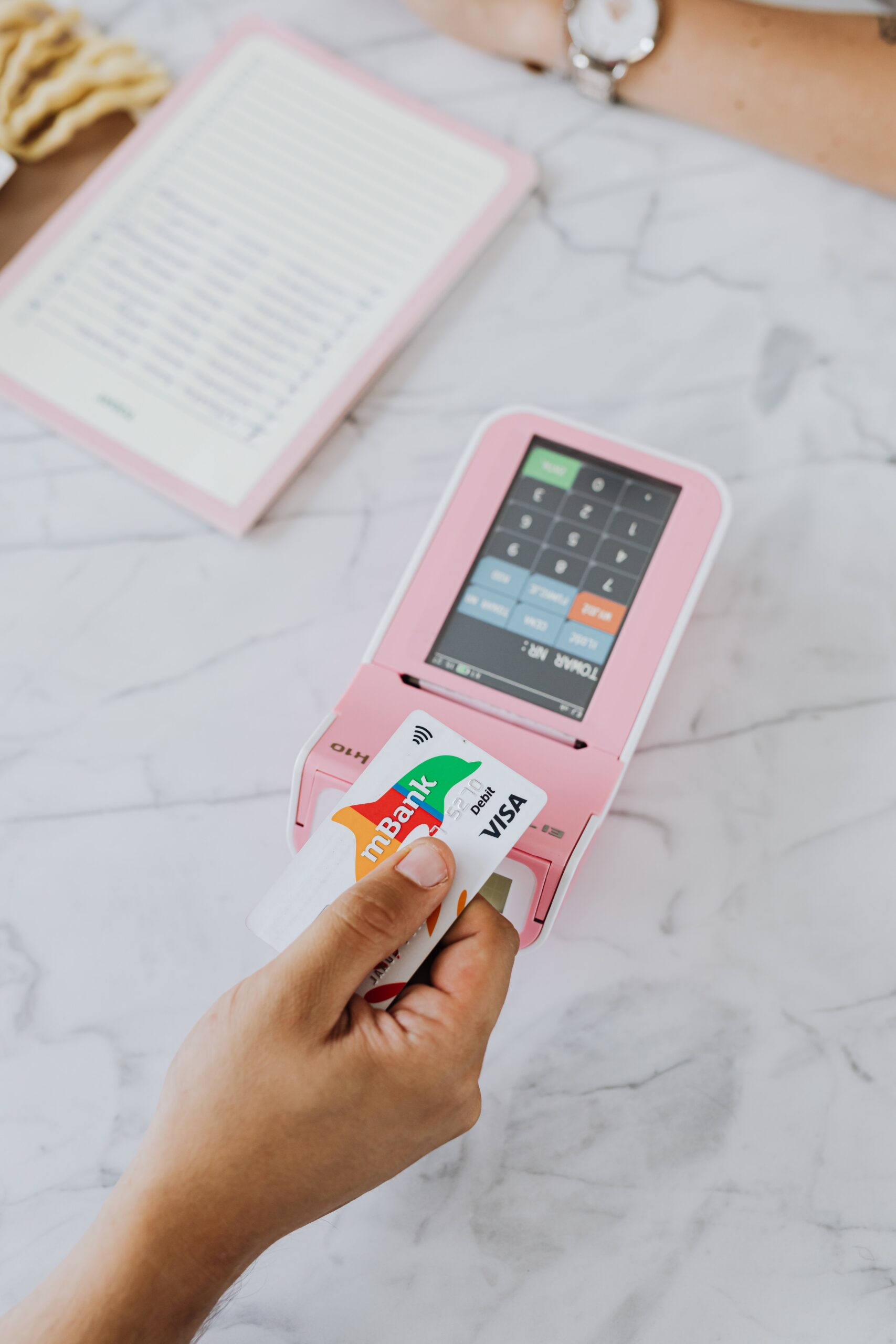Many credit cards offer great perks like cash back, travel discounts, and interest-free introductory periods. For a long time, I put as many of my expenses as I could on my credit card to get rewards. But when I paid off my credit card each month, I was often surprised by the balance I’d run up.
I’ve always been able to pay off my credit cards and have never carried debt besides my mortgage. But I recently decided that credit cards weren’t the right payment method for me. Here’s why.
Credit Cards Are Too Easy to Mindlessly Swipe
In my experience, it’s easy to mindlessly swipe your credit card and spend more than what you’ve budgeted. With other payment methods like cash and debit cards, you can only spend the money you’ve put in your bank account or wallet. High-limit credit cards allow you to access more money than you’d typically have in a checking account. This puts you at risk of overspending.
High-Limit Cards Can Encourage Overspending
I was recently reminded of the downsides of credit cards by personal finance influencer Zoe Pritchard. In her last monthly financial review video of 2021, she was shocked by the balance she’d run up on her credit card. She spent about $6,000 on various expenses including ski equipment and eating out. She was able to pay off the card out of her savings but didn’t enjoy having to part with all that cash.
Although I’ve never gone that far over my budget, I’ve noticed that my credit card does make it harder to stick to my financial plans. Before I got my credit card, I relied mainly on cash and occasionally debit cards. During those days, I was better at keeping tabs on my money and making sure I was staying within my spending limits. If I didn’t watch my pennies, I would run out of cash, which I needed for essentials like gas and groceries.
When I got my credit card, I could go slightly over-budget without running out of money or facing any immediate repercussions. I had enough discretionary income to cover the bill, so I didn’t accumulate any debt. But I wanted to stick to my budget so I could hit my aggressive savings goals, and my credit card was getting in the way of that.
The Rewards Aren’t Worth It
Another reason I stopped using credit cards is that the rewards didn’t outweigh my overspending. I only earned 5% back on groceries, 2% on gas, and 1% on other purchases. That amounted to less than $1,000 per year in cash back. I realized I could save more money than I earned in rewards by switching to debit cards and tightening up my budget.
These days lots of banks offer sign-up and referral bonuses. So if I want to earn some passive income, I can always go that route.
Wrapping Up
Budgeting is all about what works for you. Lots of people can stick to their budget when using credit cards by carefully checking their statements. But I find it easier to track my spending with cash and debit cards because I can physically see the money leaving my hands or bank account.
The fact that I was one month ahead on my credit card made the bill feel less concrete and immediate. I wasn’t as careful about sticking to my budget because I had a high limit and could always tap into it if I overspent.
Since I always had the money to pay off my credit card, I didn’t see going slightly over-budget as a problem for a while. But now that I’m setting more ambitious goals like paying off my house in four years, I need to maximize every penny. So I’m switching back over to cash and debit cards for the foreseeable future.
What are your thoughts on credit cards? Do they work for you or do you prefer cash or debit cards? Let me know in the comments section below!
Read More
How To Deal With Spending Anxiety
How I Save Money With My Minimalist Beauty Routine
Should You Pay Interest After Borrowing Money From a Friend?
Vicky Monroe is a freelance personal finance and lifestyle writer. When she’s not busy writing about her favorite money saving hacks or tinkering with her budget spreadsheets, she likes to travel, garden, and cook healthy vegetarian meals.
